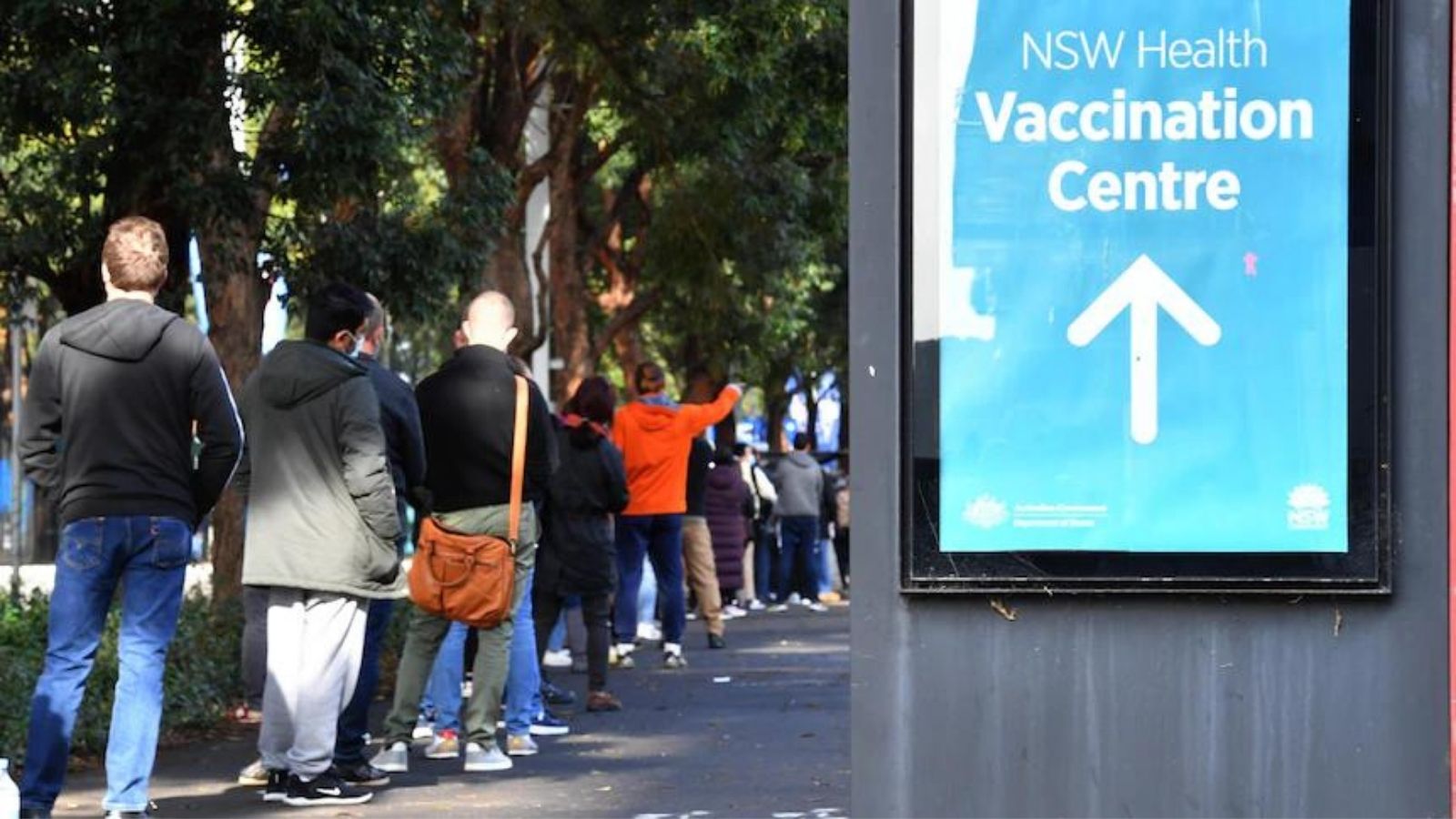It has been one year since the COVID-19 vaccine rollout commenced in Australia, and while vaccination rates initially lagged behind other countries, over 95% of Australians aged 12 years and older are now fully vaccinated.
We tend to consider the remaining unvaccinated people a homogenous ‘anti-vax’ group. However, there are some less vocal, disadvantaged populations with lower rates of vaccine uptake who require targeted efforts to increase uptake. There are three key reasons why people who inject drugs should be encouraged to be vaccinated.
Firstly, people who inject drugs may be at higher risk of severe disease/poor health outcomes following COVID-19 infection
As a group, people who inject drugs have a high prevalence of comorbid health conditions including chronic liver disease and chronic respiratory conditions. They also have high rates of tobacco smoking. People who inject drugs may also be less likely to access testing and treatment due to structural barriers, such as economic disadvantage and stigma.
Secondly, they may be at higher risk of COVID-19 transmission
The inherently social nature of drug use and acquisition may impede adherence to non-pharmaceutical interventions like physical distancing and self-isolation. Moreover, there are high rates of public housing and incarceration among people who inject drugs, settings that have been associated with COVID-19 outbreaks in Australia.
Finally, people who inject drugs may be less likely to access the vaccine
Interviews in Melbourne during late 2020 with 100 people who inject drugs suggested that acceptability of a hypothetical COVID-19 vaccine was lower than in the general public.
Since these interviews, multiple safe and efficacious vaccines have been made available in Australia, so we sought to understand whether intentions had changed.
As part of the 2021 Illicit Drug Reporting System surveys, we asked 888 people who inject drugs about their COVID-19 vaccine intentions and attitudes
Surveys took place in each Australian capital city in June-July 2021, when the Delta-wave of cases was beginning (peak daily cases during interview period: 261) and COVID-19 vaccination was only available to priority groups, including the elderly, people with underlying health conditions, and Aboriginal and/or Torres Strait Islander people. While people who inject drugs were not specifically considered a priority group in the vaccine rollout, many may have been eligible at this time due to underlying health conditions or Aboriginal and/or Torres Strait Islander background/identity. First dose vaccine coverage among Australian adults during the survey period increased from 18% to 33%.
Compared to the general public, there was a higher level of hesitancy to receive the COVID-19 vaccine among our sample of people who inject drugs
Half the sample (48%) reported that they were hesitant to receive the COVID-19 vaccine, compared to 22-32% of the Australian general population during the interview period.
Key barriers to vaccination were concerns about vaccine safety and side effects
Two-in-five (41%) participants reported vaccine safety concerns as a barrier to vaccination, while one-in-three (35%) cited concerns about side effects. These barriers were also the most commonly reported in surveys of the Australian general public. Less frequently cited barriers were perceived low risk of disease acquisition (17%) and disease severity (11%). One-in-ten participants responded that they ‘do not accept any vaccines for themselves’ (9%).
This high level of hesitancy warrants a targeted intervention to maximise vaccine uptake
When it comes to improving health outcomes among people who inject drugs, we know that peer-driven interventions work. Peer organisations are uniquely positioned to direct vaccine service delivery as a credible, trusted source of information within the community. Given the highly cited safety and side effect concerns, vaccine provision should be accompanied by information on the safety and utility of the vaccines to build trust in COVID-19 immunisation. This blueprint was successful in maximising vaccine uptake among people in Canberra who inject drugs. However, such efforts require dedicated funding. In the absence of such funding, vaccination could be provided through services that people who inject drugs commonly intersect with, such as needle-syringe programs, housing services, and prisons, to facilitate uptake.
What now?
The Delta variant-driven outbreaks in 2021 introduced a paradigm shift in Australia from ‘zero COVID’ to ‘living with COVID’, which drove a rapid increase in vaccine uptake. Therefore, it is possible that people’s intentions changed since we interviewed them last year. However, the recent emergence of the Omicron variant and recommendation for a third ‘booster’ vaccine dose are timely reminders that prevention of COVID-19-related morbidity and mortality requires ongoing efforts. It remains important to monitor COVID-19 vaccination and testing uptake among people who inject drugs, who may be more susceptible to severe infection and less likely to be reached by traditional health messaging.








